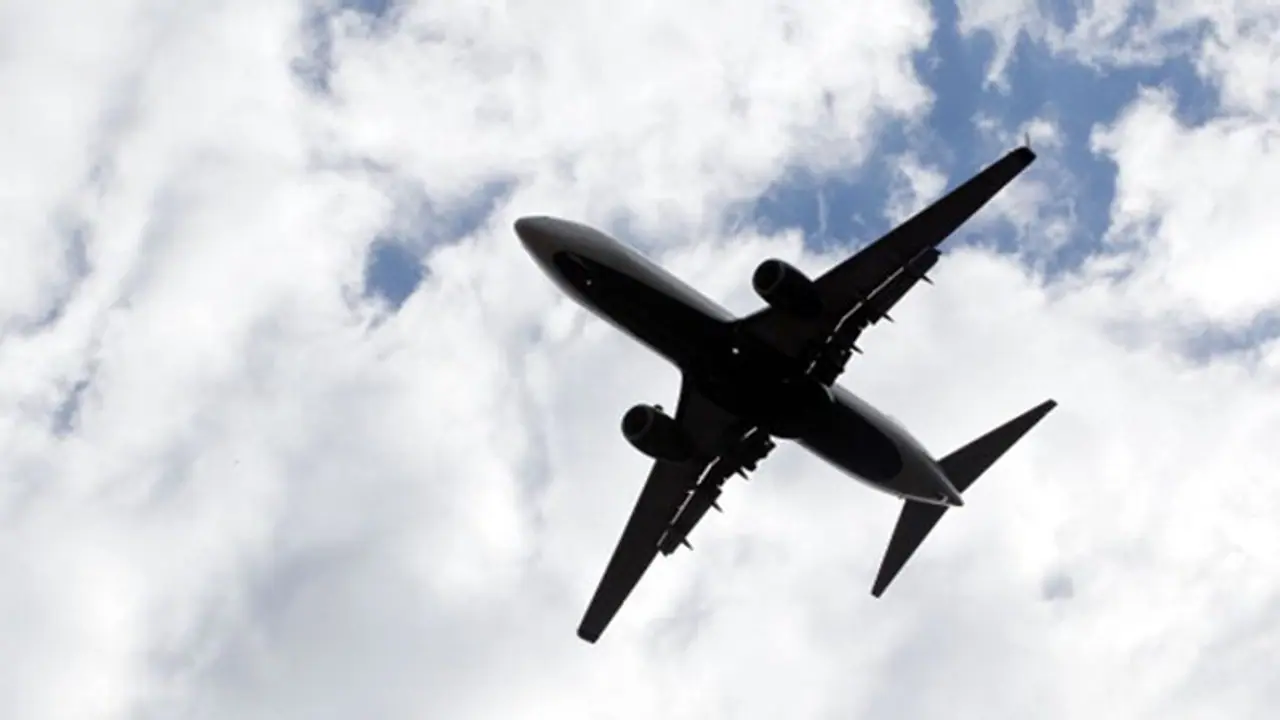History often amazes us as to how unaware we are about milestones of the past. Here are events that carved a niche in history on July 22.
You would be amazed that the history of various nations is yet to be unfolded. History often amazes us as to how unaware we are about milestones of the past. Here are events that carved a niche in history on July 22:

1933: American aviator Wiley Post completed the first solo flight around the world
Born on November 22, 1898, he is one of the most colourful figures of the early years of American aviation, who has set many records, including the first solo flight around the world. Post, accompanied by navigator Harold Gatty, made his first around-the-world flight from June 23 to July 1, 1931, in Winnie Mae. He completed his voyage in 8 days, 15 hours, 51 minutes and their account was published as 'Around the World in Eight Days'.
Two years later, Post achieved his solo record and completed the trip in 7 days, 18 hours, 49 minutes. During his solo flight, he proved the value of navigational instruments, including the automatic pilot.
1987: Soviet leader Gorbachev accepts ban on intermediate-range nuclear missiles
On July 22, 1987, Gorbachev dramatically announced that he was ready to discuss the elimination of intermediate-range missiles on a worldwide basis, with no conditions. Going back to history, Soviet leader Mikhail Gorbachev indicated his willingness to negotiate which paved the way for the groundbreaking Intermediate-Range Nuclear Forces Treaty with the United States. In 1985, when he came to power, he made it clear that he sought a less contentious relationship with the US.
The then American counterpart, President Ronald Reagan, was a staunch anti-communist and had suspicious about Gorbachev's sincerity. After meeting him in November 1985, Reagan came to believe that progress might be made on a number of issues, including arms control.
Gorbachev’s change of mind was the result of a number of factors. In December 1987, during a summit in Washington, the two men signed off on the Intermediate-Range Nuclear Forces Treaty, which eliminated an entire class of nuclear weapons.
